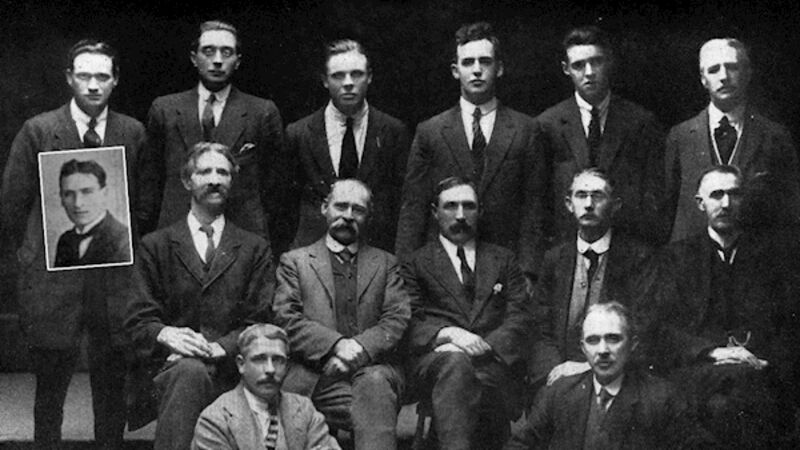MacCurtain inquest: "You are dying for Ireland and die like a soldier"

Try from €1.50 / week
SUBSCRIBEAs part of our series to mark the 100th anniversary of the murder of Tomás MacCurtain, the Irish Examiner are publishing extracts from his inquest.
Following the murder of Tomás MacCurtain, the inquest laid bare the true scale of the RIC collusion and cover-up.
Already a subscriber? Sign in
You have reached your article limit.
Annual €130 €80
Best value
Monthly €12€6 / month
Introductory offers for new customers. Annual billed once for first year. Renews at €130. Monthly initial discount (first 3 months) billed monthly, then €12 a month. Ts&Cs apply.
CONNECT WITH US TODAY
Be the first to know the latest news and updates
CONNECT WITH US TODAY
Be the first to know the latest news and updates

Our team of experts are on hand to offer advice and answer your questions here
Newsletter
The best food, health, entertainment and lifestyle content from the Irish Examiner, direct to your inbox.
© Examiner Echo Group Limited